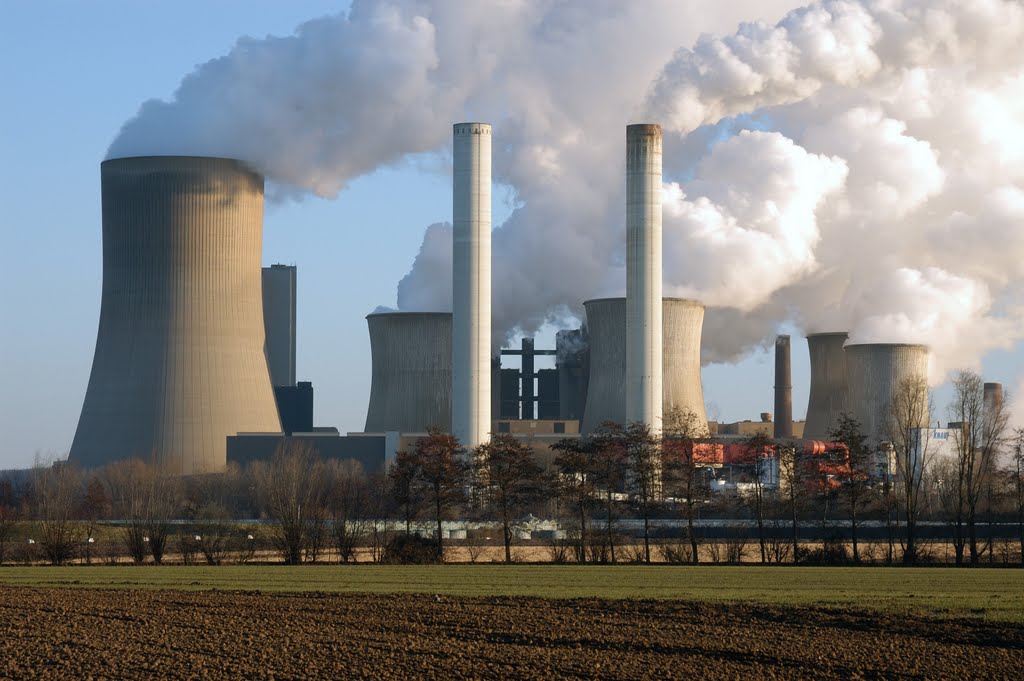
UK goes more than two days without using coal power for first time.
Coal may have fuelled the UK’s industrial revolution, but its hold over the country’s energy is waning in favour of renewables.
This week the nation broke records by going 55 hours without any electricity produced by burning coal. That beats the previous record of 40 hours, set in October last year, and is being taken as encouraging evidence of the UK’s efforts to wean itself off fossil fuels.
According to figures compiled by Bloomberg, UK power stations did not use coal between 22:25 on Monday and 05:10 on Thursday. The last time such a gap in coal usage happened was before the opening of the Holborn Viaduct power station – the world’s first coal-fired power station, which began running in 1882.
Climate risk specialists Carbon Tracker noted yesterday that UK coal use fell 19% in 2017, and that the public should “expect more records to be broken this summer as coal continues its rapid decline”.
According to figures from the National Grid obtained by The Independent, UK energy on Tuesday 18 April was generated by 31.5% gas, 20.1% nuclear, 25.1% wind, 7.6% solar, 5.2% biomass, 1.4% hydro, 1.2% storage, 7.5% from imports and 0.4% from other sources. Figures for Wednesday were similar, with wind being a consistently high proportion of energy generation.
The UK has led the way with construction of offshore wind farms, with the London Array in the outer Thames Estuary being the world’s largest. That 630MW farm will soon be usurped by the UK’s Hornsea Wind Farm, which is due to have a total capacity of up to 4GW. Onshore wind is another matter, with the Tory government halting subsidies for land-based wind farms in 2015.
Couple the growth of renewables with the comparatively low price of gas, and we’re likely to see more days without coal in the coming months. That’s good news for the environment, although it leads to further questions about the best ways to manage the surge in renewables with an energy infrastructure that’s still built on 19th-century notions of supply and demand.
Battery storage technology is the big area here, from centralised mega-battery plants to decentralised home storage being developed to work with the inconsistent nature of renewable energy sources.













